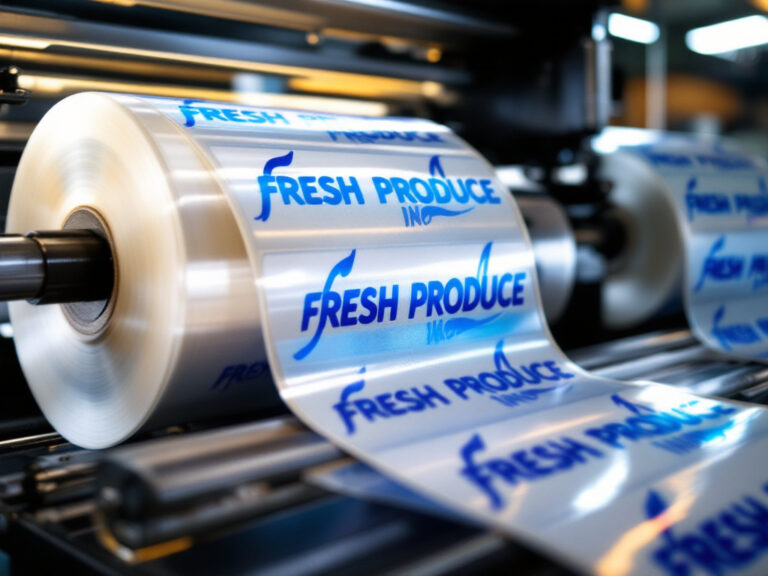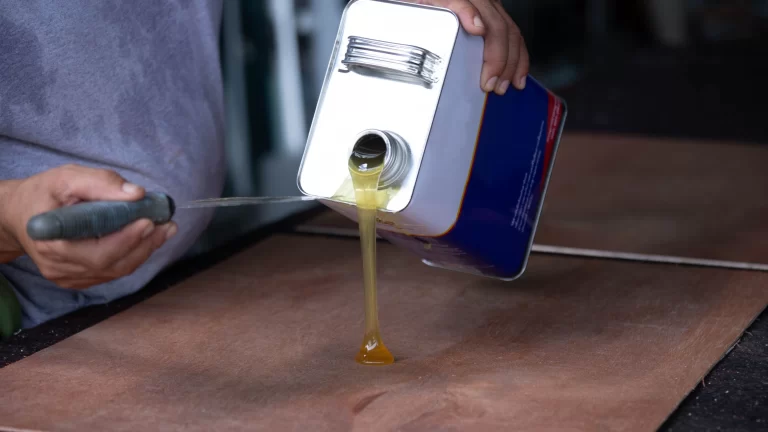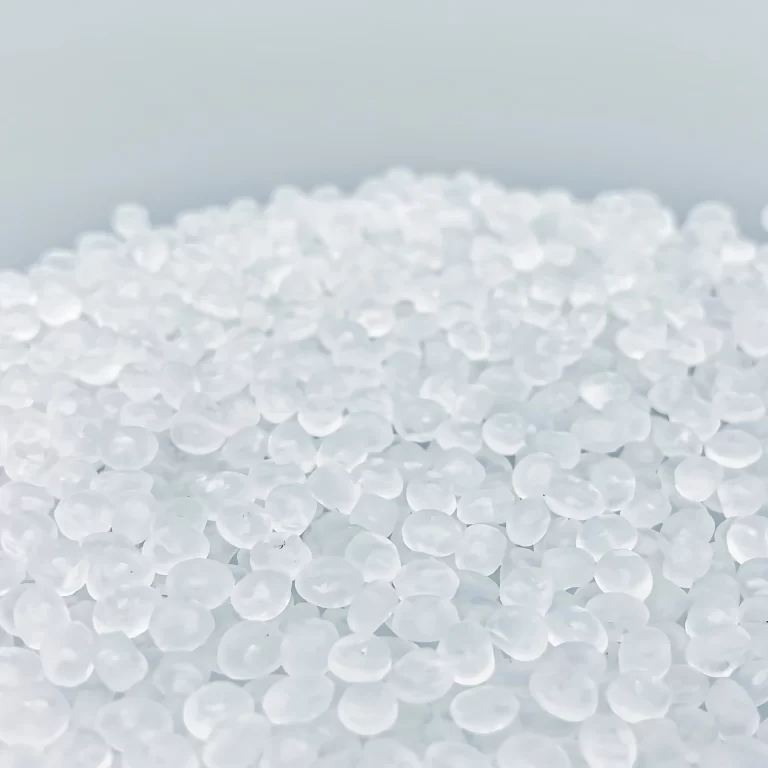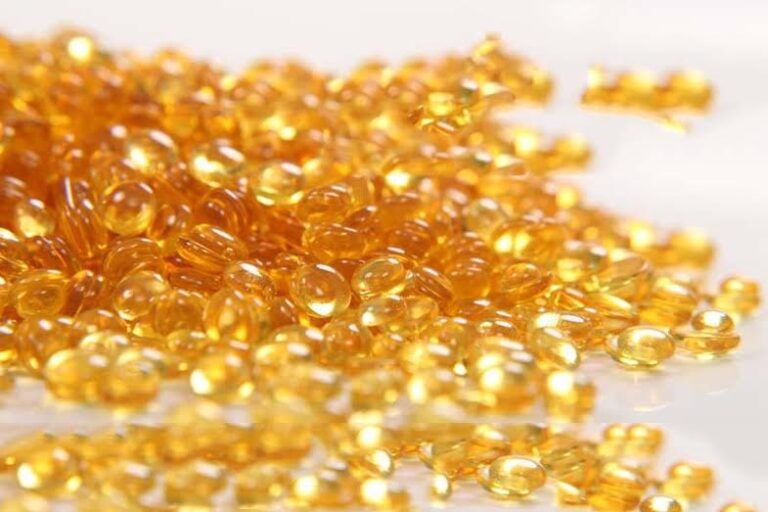Polyamide resins are a type of synthetic polymer known for their excellent adhesive properties, flexibility, and resistance to abrasion. These resins are widely used in various industries, especially in coatings and printing inks, due to their unique characteristics.
What is Polyamide Resin?
Polyamide resins are formed through the polymerization of amino acids or the condensation of diamines and dibasic acids. The most well-known types of polyamides are nylons, but in the context of coatings and inks, different formulations of polyamide resins are used to achieve specific performance characteristics.
Uses in the Coating Industry
In the coatings industry, polyamide resins are valued for their versatility and performance. Key applications include:
- Epoxy Coatings: Polyamide resins are commonly used as curing agents in epoxy coatings. They provide flexibility, improved adhesion, and resistance to impact and abrasion, making them suitable for applications like flooring, marine, and industrial coatings.
- Anti-Corrosion Coatings: The strong adhesive properties and chemical resistance of polyamide resins make them ideal for use in coatings that protect metal surfaces from corrosion, especially in harsh environments.
- High-Performance Coatings: Polyamide resins are used in coatings that require excellent durability and resistance to chemicals and solvents, such as coatings for pipelines and heavy machinery.
Uses in the Printing Ink Industry
Polyamide resins play a significant role in the printing ink industry, particularly in formulations that require specific properties for effective printing. Notable applications include:
- Flexographic Inks: Polyamide resins are widely used in flexographic inks, which are applied to flexible packaging materials. These resins provide excellent adhesion, flexibility, and gloss, ensuring high-quality prints on various substrates like plastic films and foils.
- Gravure Inks: In gravure printing, which is often used for high-volume packaging and publication printing, polyamide resins contribute to the ink’s adhesion and abrasion resistance, resulting in sharp and durable prints.
- Solvent-Based Inks: Polyamide resins are often used in solvent-based ink formulations, where they enhance the ink’s adhesion to non-porous surfaces and improve resistance to water and chemicals.
Advantages of Polyamide Resin
Polyamide resins offer several advantages that make them suitable for coatings and inks:
- Adhesion and Flexibility: These resins provide excellent adhesion to a wide range of substrates, including metals, plastics, and textiles, while maintaining flexibility and durability.
- Chemical and Abrasion Resistance: Polyamide resins offer good resistance to chemicals, solvents, and abrasion, making them ideal for use in environments where exposure to harsh substances is common.
- Gloss and Clarity: In printing inks, polyamide resins contribute to the gloss and clarity of prints, enhancing the visual appeal of packaging and labels.
- Versatility: Available in various formulations, polyamide resins can be tailored to meet specific requirements, making them adaptable to different industrial needs.
Conclusion
Polyamide resin is a vital component in the coatings and printing ink industries, offering properties that enhance the performance and durability of products. Its excellent adhesion, flexibility, and resistance to chemicals and abrasion make it a preferred choice for applications that demand high-quality finishes and prints.









